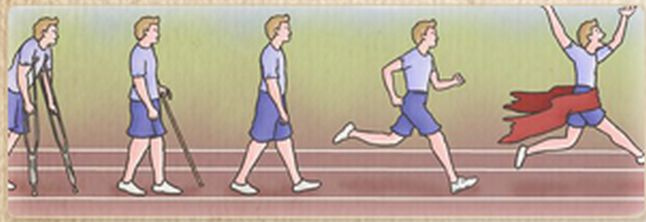The Hong Kong Minimally Invasive Brain & Spine Neurosurgery Centre has top specialists who treat complex neurological conditions caused by stroke, tumors, hernias, injuries, and traumas. Each day our skilled neurosurgeons perform dozens of complicated surgeries, saving people’s lives and helping them to restore their health. Thousands of patients go through the doors of our neurosurgery center every year which gives our excellent team of surgeons unparalleled expertise and ability to guarantee exceptional results to all of the patients.
If you are looking for an excellent neurosurgery clinic in Hong Kong, you have come to the right place. Fill in the online form to make an appointment with one of our specialist and start your journey to a healthy and happy life!
Initial stage of treatment is drug therapy for one or two months. The effectiveness of drugs in controlling the pain can help clinical diagnosis. But medications can only be a temporary solution, not a permanent cure for the true cause of trigeminal neuralgia that is: external factors compressing on the nerve and make it short-circuit.
Brain tumors can be subdivided into non-cancerous benign tumor and malignant cancerous tumor. If a tumor is originated within brain compartment ......
Tumors can develop in the vertebrae, nerves, and other tissue throughout your spine. Some spine tumors, such as astrocytomas, occur more commonly in children and adolescents......
Given the disease burden of strokes, prevention is an important public health concern. As stroke neurosurgeons, we do not want to treat stroke unless we are forced to do so for acute stroke ......
Brain tumors grow and compress normal brain tissue. Both benign and malignant tumors can cause swelling of the brain and raised intracranial pressure. Headache, dizziness....
We provide 24 hours emergency stroke hotline throughout the year. Our team includes strokeneurosurgeons and nurses who provide immediate stroke treatments with high international standard. With prompt on-site clinical assessments, we give medical advices. To ensure patient’s best recovery, we arrange 24 hours emergency MRI brain imaging, and also arrange hospital admission or transferal. We initiate the fast-tract emergency stroke treatments for salvaging brain functions. Stroke is a serious medical emergency. Prompt MRI brain imaging and effective treatments within Golden-Hours are essential to lessen brain damage for maximizing neurological recovery.
Initial stage of treatment is drug therapy for one or two months. The effectiveness of drugs in controlling the pain can help clinical diagnosis.
But medications can only be a temporary solution, not a permanent cure for the true cause of trigeminal neuralgia that is: external factors compressing on the nerve and make it short-circuit.
Generally doctor will consider medications for
Commonly used drugs include:
Microvascular decompression of trigeminal nerve:
If delaying treatment, what would be the consequences?
How to determine if they are suffering from trigeminal neuralgia?
Before any invasive procedure or surgery, you should seek professional advice:
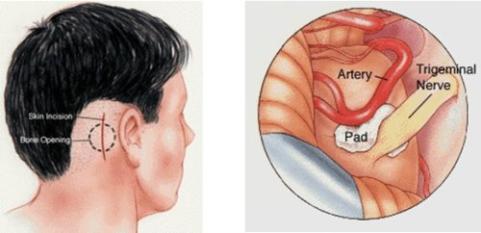
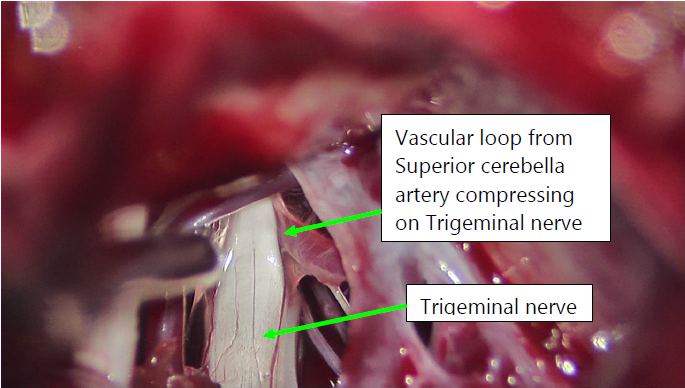
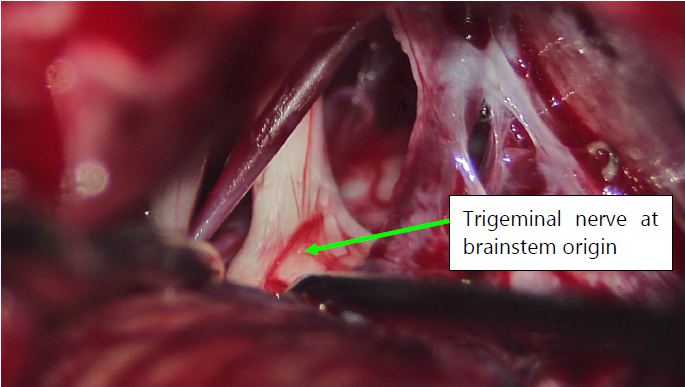
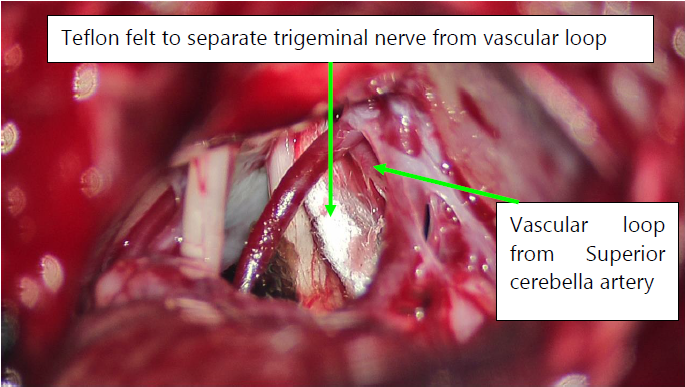
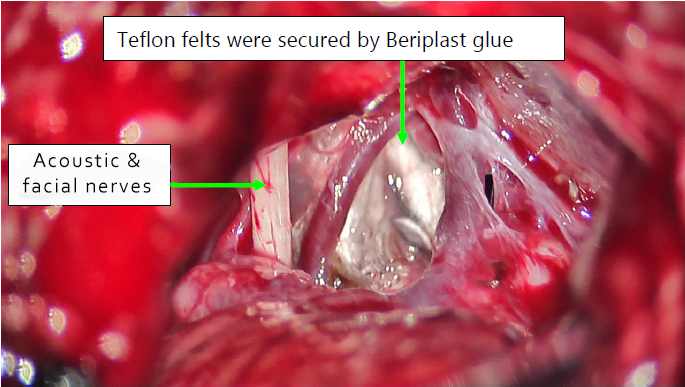
Illustration the new stroke concept with treatment of Neuro-PCI. In 2006, 56 Yrs old Taxi Driver with good past health
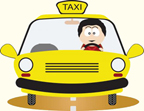
Mild dizziness nurse for help, still can walk to toilet on his own. Sudden left limbs severe weakness .....
Symptoms (sudden left limbs flaccid graded 1/5, dysphasia) onset at 19:30, Admitted to public hopsital with plain CT brain reported to be normal. NO active treatment was offered...
Physiotherapist plays a very important role in achieving the success of stroke rehabilitation and recovery. Physiotherapy is very important in acute stroke care as well as in stroke rehabilitation. In order to maximize the chance of stroke recovery as well as to reduce lethal stroke related complications e.g. pneumonia, deep vein thrombosis and decubitus ulcers etc, physiotherapy should be started immediately after a stroke; even for patients suffering from severe stroke with gross disability or remaining unconscious
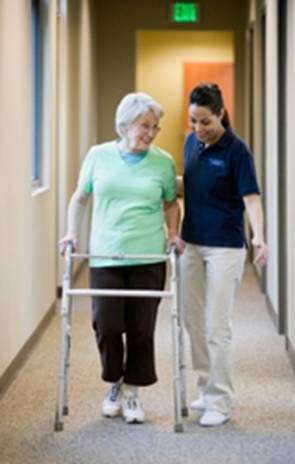
Physiotherapy helps in assisting drainage of bronchial secretion and thus minimize sputum retention, so as to preventing lethal pneumonia. Weeks after a stroke, the muscle tone of the paralysed limbs may be building up to form spastic muscle. Immobilized stroke patients are thus have high risk of developing deep venous thrombosis (DVT) as lethal stroke complication. Pressure stockings and regular muscle massage or limbs stretching help in preventing DVT. For some high-risk patients, oral anti-coagulant drug may be required for DVT prophylaxis.
In order to treat muscle spasticity and to prevent permanent joint stiffness, physiotherapist may regularly stretch the limbs of stroke patients within their normal joints ranges. Physiotherapist will also assess the stroke patient according to the severity of stroke, the affected parts of the body, the lifestyle patterns of the patients and the progress of the initial stroke rehabilitation. Targets and goals of the stroke rehabilitation will then be set. To allow patients for easy practicing and to skill every movement, walking motions are broken down into a few simple actions, stroke patients may relearn walking as a child does.
Stroke physiotherapy starts at bedside, begins with pulling the paralysed muscle and passively stretching the paralysed limbs. This helps to reduce muscle spasticity and joints stiffness. Later on, physiotherapist will guide the patients for body balancing during sitting up and standing up, and teach them how to move back and forth between bed and chair. The next step will be teaching patient how to stand, how to use aids, how to shift their weight from one leg to the other leg. Once physical therapy rehabilitation program begun, intensive treatment schedule will follow. During the initial stages, patients may feel difficult, frustrated, tired and fatigue; however, these movements are essential for long-term stroke rehabilitation. Thus supports and encouragements from medical staffs, relatives and friends are very important to the disabling stroke survivors. Besides, adequate rest and good quality of sleeping at night is also crucial for brain cells recovery.
At last, stroke rehabilitation physiotherapy will not end after hospital discharge. On the contrary, patients should regularly attend physical therapy at hospital, clinic or home for ongoing stroke rehabilitation in order to achieve a sustainable and complete recovery of their impaired neurological functions.
